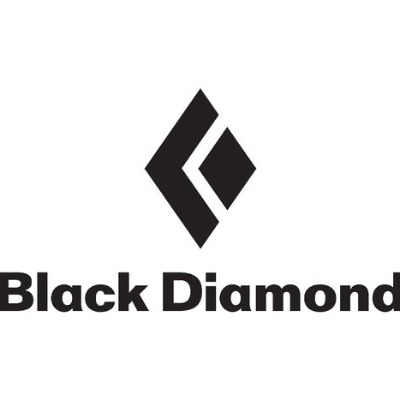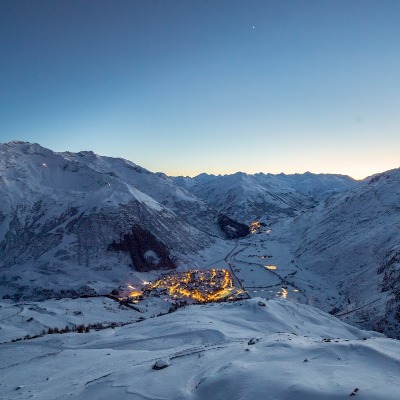Tyrolean Lift Co’s Rely On Sustainability And Communication

At the traditional winter kick-off, “Meeting Point for Cable Cars,” the focus was on the topics of sustainability and communication. The current economic figures once again made clear the importance of the cable car industry for the Tyrol location. The event also provided the perfect stage for the awarding of the “Tyrolean Snow Crystal” and the coveted seal of quality from the state of Tyrol.
As a traditional start to the coming winter season, the “Cableway Meeting Point” on December 4th offered the opportunity to exchange ideas with politicians, officials and representatives of the Tyrolean cable car industry. As part of the event, the “Tyrolean Snow Crystal” was awarded to Tyrolean medalists at the Olympic Games and FIS World Championships, as well as the “Tyrolean Slope, Cross-Country Trail and Toboggan Run Quality Seal” being awarded by the state of Tyrol.
The chairman of the Tyrolean cable car specialist group, Reinhard Klier, used the event to analyze the mood in the industry. Despite an obviously extremely positive contribution from the cable car industry, the specialist group chairman identified a frequently negative mood against the industry and tourism in general: “Many cable car companies are at a loss in view of the large discrepancy between their own perception and the often unobjective public representation.” Klier cited the unreflective one as examples The adoption of one-sided studies on the effects of snowmaking, the false representation of alleged new developments in piste areas and inadmissible generalizations in the discussion about ticket prices - the most expensive ski areas are usually used, with the average price for entry in Austria being 37.20 euros.
Communication offensive
The specialist group chairman identified a number of reasons for the reflex to cable car bashing. This includes the search for striking effects of climate change, which are often found in the area of winter tourism: “It is then only a small step to present the effects of climate change as a cause of it. That's wrong, but it sounds good." The mountain railways offer a large target for such striking representations: "Our systems have a high level of visibility - in contrast to an industrial company, where everything takes place behind closed doors - and therefore have a strong appeal emotions,” says Reinhard Klier.
On the other hand, the Tyrolean cable cars are 100% powered by green electricity. “Ski tourism is far better than its reputation,” emphasized Klier, “we have been taking climate change seriously for years and are all investing heavily in sustainability.” Now the industry wants to increasingly offer CO2-neutral options for arrival and departure. Reinhard Klier sees the key in increased communication. This should above all be committed to objectivity, honesty, transparency and solution orientation. “Our attitude and efforts in the area of sustainability do not seem to have reached the public enough. This is exactly what we will work harder on in the future,” explained Klier.
Small ecological footprint, great added value
The industry's cutting-edge economic data proves that ecology and economy are compatible. These make clear the importance of the cable car industry for Tyrol as a location and the effect it has on the economy in the Tyrolean regions. The last winter season 2022/23 was examined, which with 24.1 million first entries almost reached the pre-Corona level of 26 million. In the course of winter holidays with the use of cable cars, 21.3 million overnight stays were recorded in Tyrol in the last winter season. A total of 6.3 billion euros in sales were generated by cable car users in Tyrol. The gross expenditure of an adult cable car user per first entry was 286.40 euros, with direct expenditure for the use of the cable cars being 46.10 euros (16% of total expenditure). In the cable car industry, jobs amounting to 7,200 full-time equivalents were created, and a further 55,700 job equivalents were created in directly benefiting sectors and intermediate service companies.
“We are using our economic strength to make the cable car experience as sustainable and environmentally friendly as possible and to provide revitalizing impulses for the regions,” explained Reinhard Klier in conclusion, “since many people are not yet aware of this, we will talk about it more clearly in the future and back up our statements with well-founded figures and facts.”













